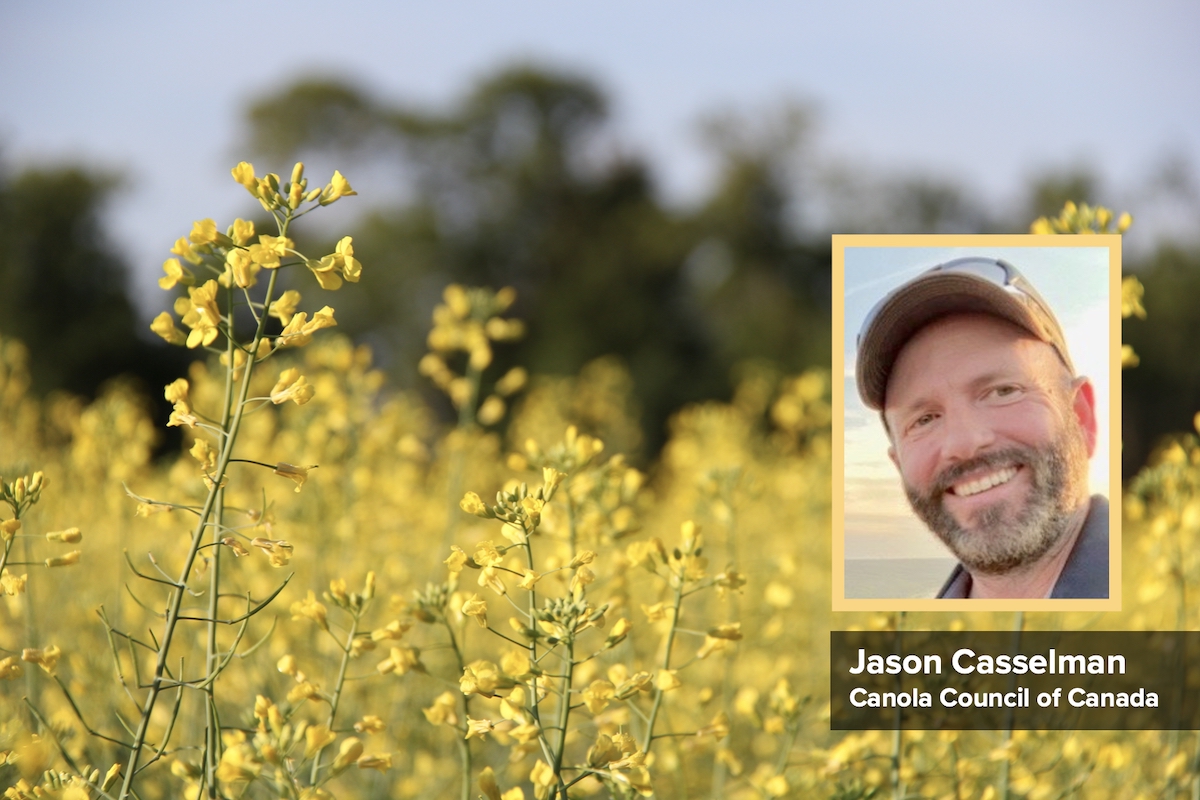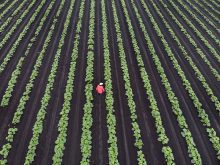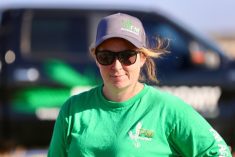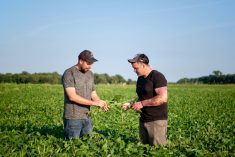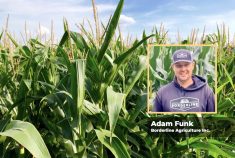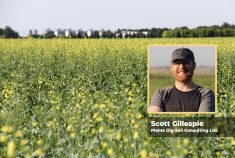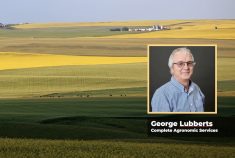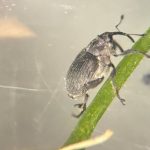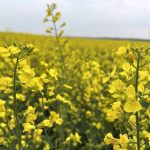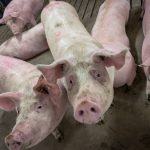What do agronomists wish farmers would ask for, or stop asking for, or understand better about their jobs? And how can farmers get the most out of their relationships with agronomists?
While ultimately the customer calls the shots, Country Guide asked a few Western Canadian consulting agronomists what they would like to see from their clients.
They said their wish lists include better communication, for clients not to be afraid to ask questions, not to hesitate to share data, and to communicate their goals and expectations.
Read Also

How scientists are using DNA and climate data to breed crops of the future
A method for forecasting how crops will perform in different environments so that plant breeders can quickly select the best parents for new, climate-resilient varieties.
Below are insights from agronomists on how already good relationships and services might be made even better.
Jason Casselman
Agronomy specialist, Canola Council of Canada
Fairview, Alta.
As a former grain company agronomist, now working as an agronomy specialist with the Canola Council of Canada, Jason Casselman says a farmer should be asking if their consulting agronomist has a great network of people behind them.
“Either you have to be really experienced and know everything, or the agronomist needs to have a solid network of people that they work with,” says Casselman, who is based at Fairview in Alberta’s Peace River region.
“It can be a network of other agronomists or even a solid network of producers. The agronomist might see or hear something from someone in their network on another farm or another part of Alberta and then see if that information is of value to your farm.
“It could be a production practice or perhaps a weed or insect pest that’s happening in one area, so then the agronomist can see if it is something another farmer might be interested in or might be watching for.”
Whether the person works for an organization or is an independent agronomist, Casselman says having a good network of peers or producers is valuable.
He also says that as an agronomist is making field checks and providing reports, it is important they make connections with the decision-makers on the farm. “If you have information to report or are making recommendations, make sure you connect with the decision-maker,” he says. “It might be good to tell an equipment operator you see in the field, but you also want to make sure the farmer knows as well. And sometimes if there are a couple generations of farmers involved, you might want to make sure you connect with both, so there is no misunderstanding and everyone knows what is going on.”
Having a good two-way line of communication with the farm client is important as well, he says. “There needs to be good communication between both sides,” says Casselman. “As the relationship develops you get to know the farm as good as or almost as good as they do. The agronomist needs to be knowledgeable on technical matters, such as weed identification and crop protection products, but they also need to understand the philosophy and the goals of the farming operation and realize that no two farms are alike. You have to know your farm client and make sure you have their best interests at heart.”

